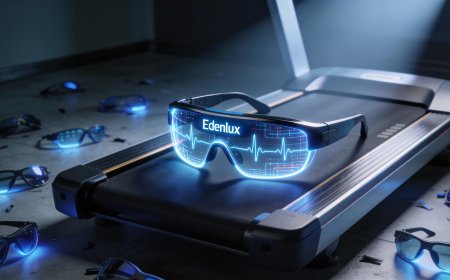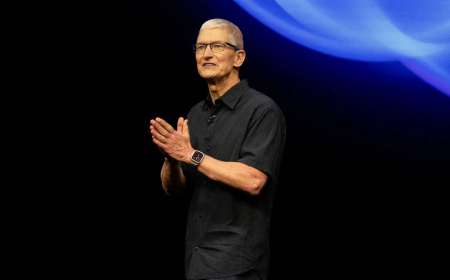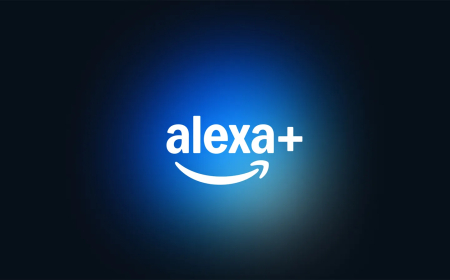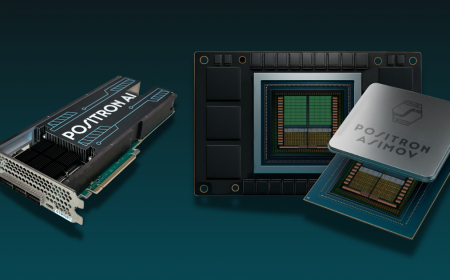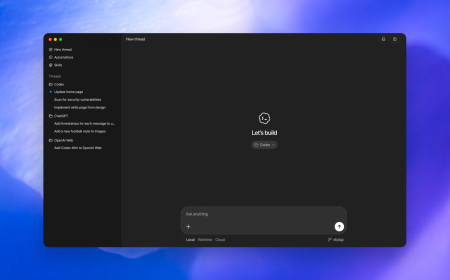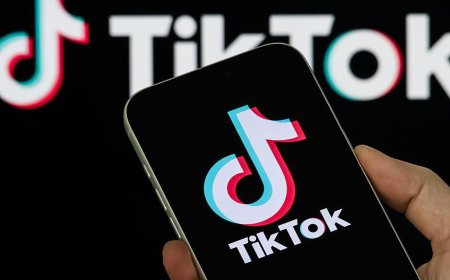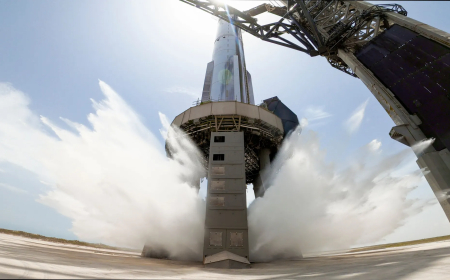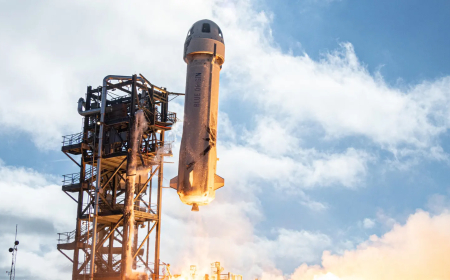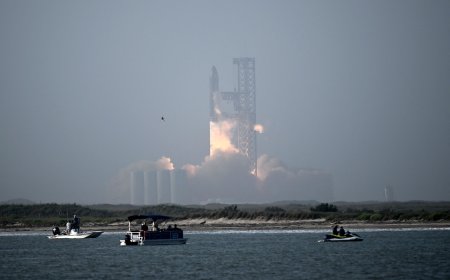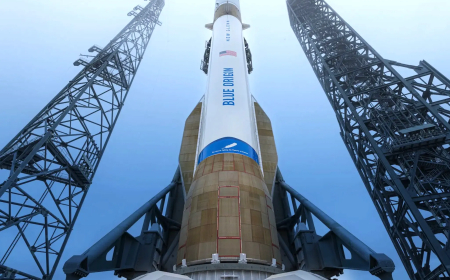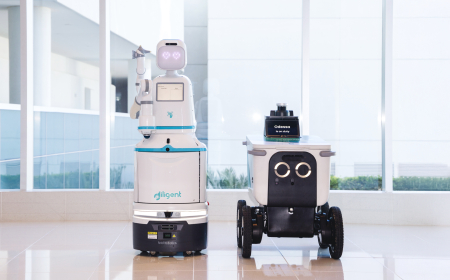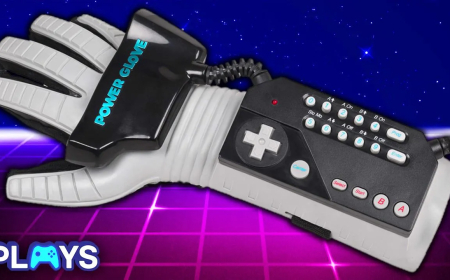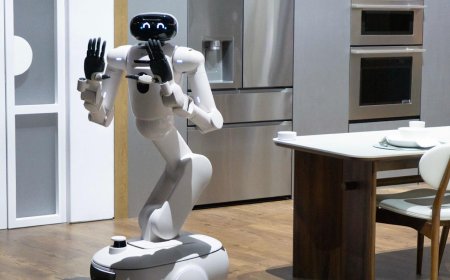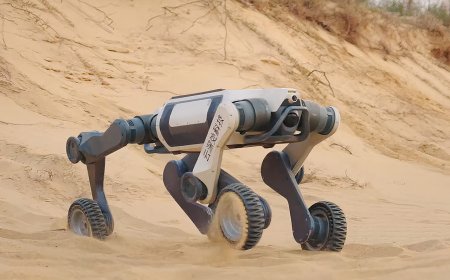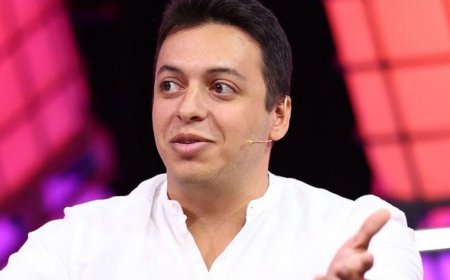Bone AI raises $12M to challenge Asia’s defense giants with AI-powered robotics
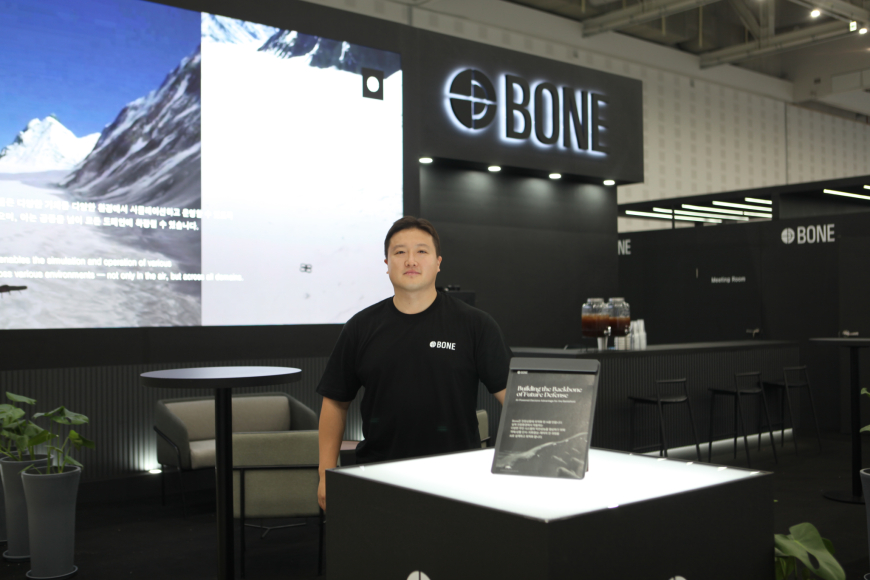
South Korea’s major defence companies collectively hold around $69 billion in backlogged orders as of late 2024, according to media reports. At the same time, Seoul is accelerating investment in advanced weapons technologies and strengthening international defence partnerships, particularly with Europe. With the 2024 EU–South Korea Security and Defence Partnership and rising exports of vehicles and artillery, South Korea has now become the second-largest arms provider to European NATO countries.
Despite that massive industrial presence, very few startups have emerged to compete with established defence giants. South Korea’s defence-tech startup ecosystem remains in its early stages, revealing a clear gap between the nation’s strong manufacturing base and its limited pipeline of early-stage innovation.
Bone AI, a new company headquartered in both Seoul and Palo Alto, launched earlier this year with plans to build a unified AI robotics platform that spans software, hardware, and manufacturing. The startup develops next-generation autonomous systems for air (UAVs), ground (UGVs), and marine (USVs) environments, primarily serving defence and government clients. Although it ultimately aims to operate across all three domains, the company’s initial focus is on military-grade aerial drones supporting missions such as logistics, wildfire detection, and anti-drone operations.
The company was founded by DK Lee, who previously co-founded MarqVision, and has raised a $12 million seed round led by Third Prime with participation from Kolon Group, a major South Korean strategic investor with expertise in materials and manufacturing. Kolon’s involvement is particularly valuable, Lee said, as Bone AI sits at the intersection of AI, robotics, and high-end manufacturing.
According to Lee, the company is already generating revenue, having secured a seven-figure B2G contract and earned $3 million in its first year. Bone AI was also selected as a winner in a government-backed logistics program in South Korea that will deploy its UAVs and UGVs equipped with Bone’s autonomy software.
Asked how a company less than a year old managed to secure such traction, Lee explained that Bone acquired D-Makers — a South Korean drone company with existing intellectual property — just six months after launching. Initially focused on AI robotics models, Bone is now merging its AI division with the acquired drone business, and Lee hinted that more acquisitions are on the way.
Lee also personally invested over 10% of the round — around $1.5 million — noting that it was essential to demonstrate his full financial and emotional commitment to the venture.
Bone AI is Lee’s second startup, and his experience at MarqVision gave him a front-row view of building AI products at scale. But it also convinced him that AI’s next transformative leap would be in the physical world, not just in software. After stepping away from MarqVision, Lee threw himself into the robotics community — attending conferences like IEEE ICRA, cold-emailing engineers behind Google’s RT-1/RT-2, and even approaching Tenstorrent CEO Jim Keller in a café to introduce himself.
Lee emphasised that Bone AI is not merely a defence technology company. Instead, he positions it as a “physical AI” platform that combines simulation, autonomy algorithms, embedded hardware engineering, integrated design, and large-scale manufacturing within a single ecosystem. He noted that advances in AI and robotics are moving in separate lanes — and Bone’s mission is to build the industrial backbone that connects them.
“No one was building the infrastructure necessary to produce intelligent machines at scale,” Lee said. “Even Nvidia — the world’s most valuable AI company — depends on a global network of manufacturing partners. Korea has world-class hardware production capabilities, and that’s why we should see more drone and robotics companies emerging here.”
Bone’s long-term vision is to build a supply chain for physical AI within South Korea before expanding to the U.S., Europe, and other allied markets.
Anduril in the U.S. is now valued at $30 billion, Helsing in Europe recently raised at a $13 billion valuation, and companies like Kela Technologies in Israel are achieving similar visibility. Yet Asia still lacks comparable momentum, Michael Kim, general partner at Third Prime, said. As global reindustrialisation accelerates, Bone sits at a strategic intersection involving sovereign AI, geopolitical multipolarity, and industrial modernisation.
South Korea offers high-quality, cost-efficient hardware manufacturing across various sectors, including shipbuilding, automotive, heavy industry, and semiconductors. Kim noted that many niche hardware manufacturers exist but have never accessed Silicon Valley venture capital. Bone’s “buy versus build” strategy is designed to acquire, integrate, and elevate these assets, accelerating its product development and market traction.
What's Your Reaction?
 Like
0
Like
0
 Dislike
0
Dislike
0
 Love
0
Love
0
 Funny
0
Funny
0
 Angry
0
Angry
0
 Sad
0
Sad
0
 Wow
0
Wow
0



